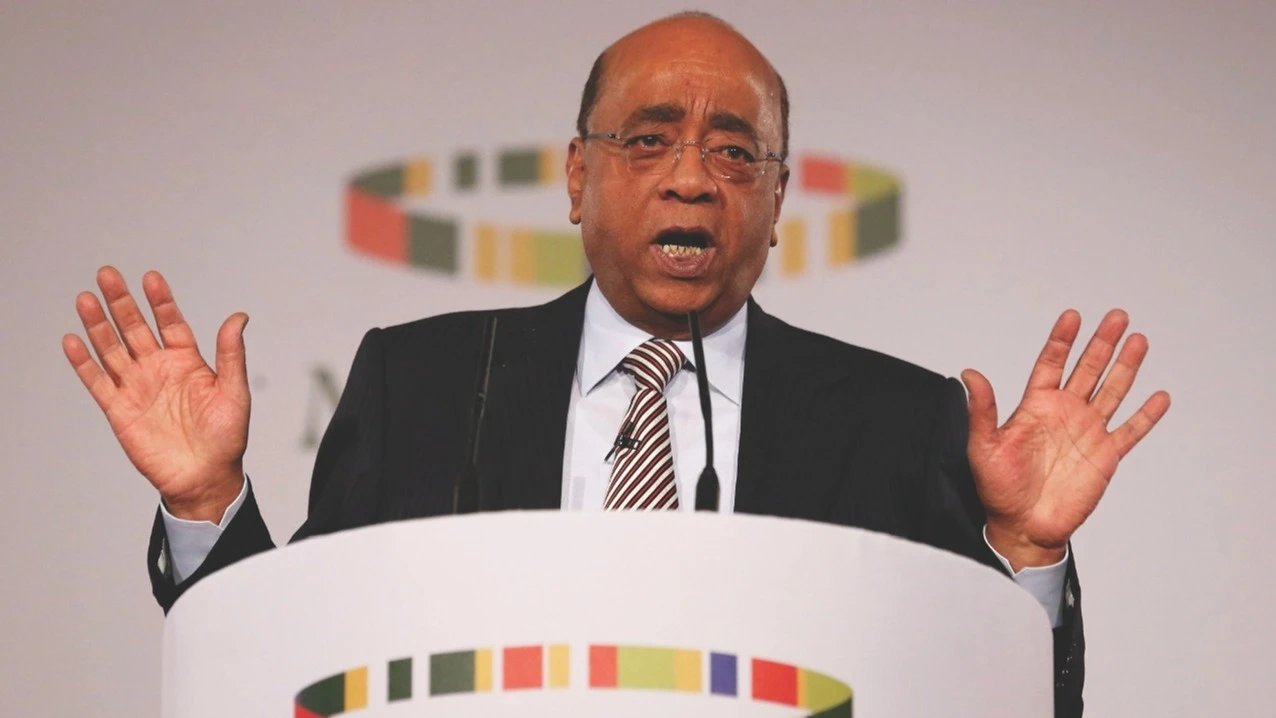Less is said and heard now on workers’ councils than used to be the case; why?

NO lesser an authority than a deputy minister was at hand recently to launch the workers’ council for the National Construction Council, asking the audience to uphold professionalism and ethics by refraining from corruption and other malpractices.
What was more to the point was that effective workers’ councils can significantly cut down the incidence or prevalence of conflicts between management and staff by collaboratively addressing grievances.
That formulation is valid even if it doesn’t immediately or necessarily indicate whatever compromises may have to be made for the situation to work as expected, as it also could also be involving some degree of laxity, even corruption.
Within this vicious cycle of workers’ self-management in public agencies, it is possible to examine how far this particular workers’ council, and any others besides, could be helpful in realising the four Rs ‘of President Samia Suluhu Hassan’, or the opposite.
When the deputy minister says that evidence shows that where workers’ councils are valued and operate effectively conflicts between management and employees do not arise, the issue comes back to the potential role of each party.
Economic reform involves diminishing prerogatives of public sector entities, whether they are operational firms or regulatory agencies, and the degree to which they hurting staff there.
While it is now broadly admitted that the recent changes in the Dar es Salaam Port’s work supervision, it is hard to say whether such a measure would have been approved at a workers’ council meeting deliberating on the matter.
In terms of the four Rs, reconciliation means abandoning imperatives of reform or priority pursuit of public-private partnerships and instead seeking to ‘empower’ public agencies to do the job.
That this way of doing things could be inappropriate and inducing burdens on government expenditure may be touch off useful deliberations on a political platform, but not appeal to a workers’ council.
If the deputy minister’s tone in the meeting will have sounded overly political, to ‘seek no harm’ as it were, the top civil servant there toed the same line.
An acting permanent secretary ‘emphasized the importance of professionalism and integrity among NCC employees’, urging them to adhere to public service ethics and desist from misconduct.
An atmosphere of integrity compulsion isn’t something that is fostered in workers’ councils or management decisions but a broader competitive environment where all potential misconduct leads to various forms of loss for the company or entity.
That is exactly what public sector anchorage denies companies, or rather denies the public and even the government. It is simply that, in the wake of such loss in the course of a long ten years or so, the government will make a decision to ‘empower’ that agencies concerned to fulfil their respective obligations.
In a word, the typical sub-market conduct in public enterprises could hardly prove a good recipe for fighting poverty.
However, there is no denying that the once ‘popular’ workers’ councils had a notable role to play but they have lost part of their vitality of old and would benefit from intensive sprucing up.
Top Headlines
© 2024 IPPMEDIA.COM. ALL RIGHTS RESERVED

















